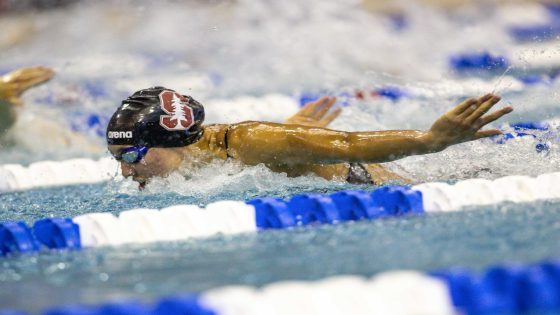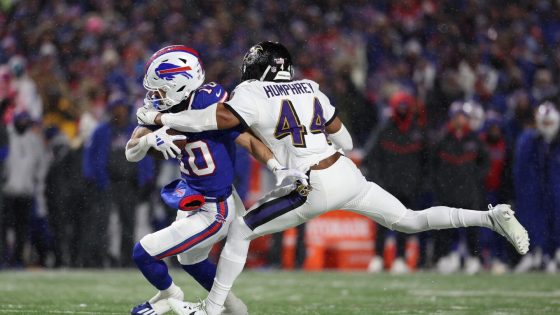In a bold move that has sparked widespread discussion, women’s disc golfer Abigail Wilson refused to compete against a transgender athlete during the MVP Music City Open on April 5, 2025. This incident has raised questions about fairness in women’s sports and the inclusion of transgender competitors. What does this mean for the future of women’s athletics?
- Abigail Wilson refused to compete against a transgender opponent.
- Women's sports rights activists praised Wilson's protest.
- Wilson expressed concerns about safety at the event.
- Professional Disc Golf Association has specific transgender eligibility rules.
- Natalie Ryan is the transgender competitor involved.
- The Music City Open faced a terroristic threat.
Abigail Wilson’s Stand Against Transgender Participation in Women’s Sports
Why are athletes like Abigail Wilson taking a stand in women’s sports? On April 5, 2025, Wilson made headlines by refusing to play against a transgender competitor, sparking a heated debate about gender and fairness in athletics. This incident comes on the heels of another protest by fencer Stephanie Turner, raising awareness of the challenges faced by women in sports.
Impact of Wilson’s Protest on Women’s Sports and Future Events
Wilson’s protest at the Music City Open has significant implications for the future of women’s sports. Her actions have drawn attention to the policies surrounding transgender athletes, particularly those assigned male at birth who wish to compete in female divisions. The Professional Disc Golf Association allows such participation under specific conditions, but many are questioning whether these rules adequately protect female athletes.
- Wilson emphasized the need to protect female divisions.
- She expressed concerns about safety and fairness in competition.
- The incident has prompted discussions about existing policies.
- Wilson’s actions may impact her career, but she believes it’s worth the sacrifice.
Understanding the Rules for Transgender Athletes in Disc Golf
The Professional Disc Golf Association has specific rules for transgender athletes, allowing those assigned male at birth to compete in women’s categories after undergoing hormone therapy for at least 24 months. This policy aims to create a level playing field, but is it enough? Many athletes are questioning the effectiveness of these guidelines in ensuring fair competition.
The Broader Conversation Around Gender and Sports
Wilson’s refusal to compete has opened up a broader conversation about gender identity in sports. As more athletes voice their concerns, the sports community must navigate the complexities of inclusion and fairness. How can sports organizations balance these competing interests while ensuring all athletes feel safe and respected?
In conclusion, Abigail Wilson’s stand against competing with a transgender athlete has sparked a significant dialogue about fairness and safety in women’s sports. As this conversation continues, it will be crucial to find solutions that respect all athletes while maintaining the integrity of competition.
































